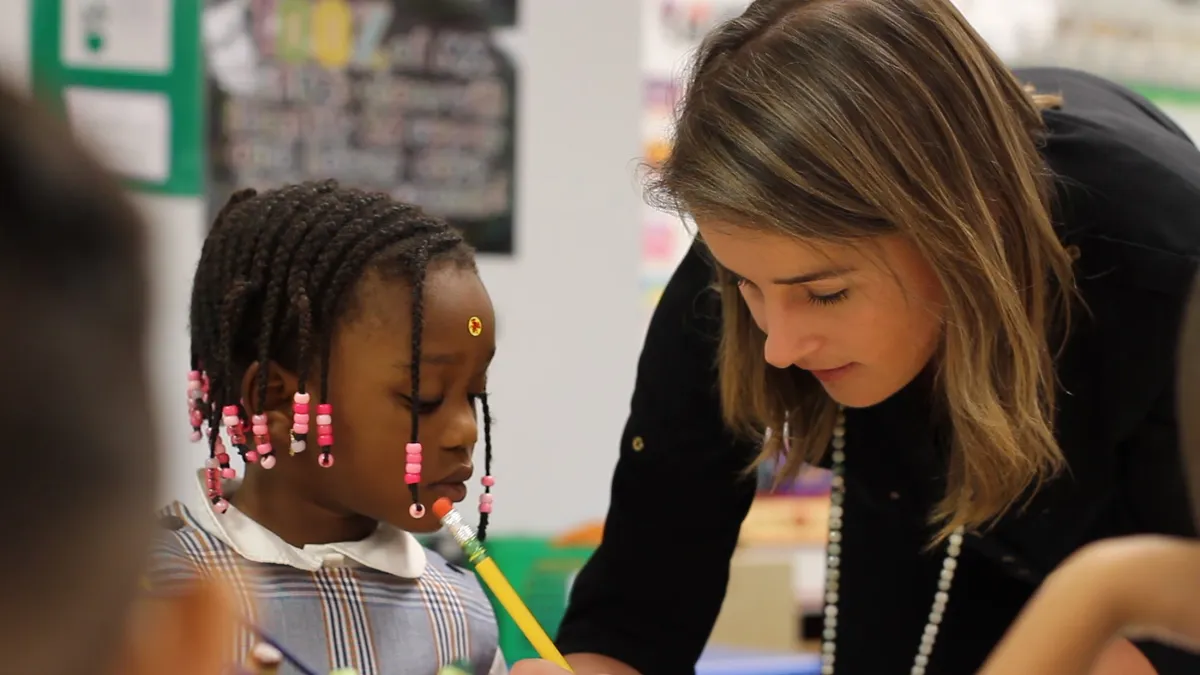Editor's note: Michael A. McRobbie is the president of Indiana University.
In 1979, the President's Commission on Foreign Language and International Studies used some very powerful words in characterizing America's insufficient understanding of global affairs.
"Americans' incompetence in foreign languages is nothing short of scandalous," the commission concluded, adding that "the United States requires far more reliable capacities to communicate with its allies, analyze the behavior of potential adversaries and earn the trust and the sympathies of the uncommitted."
Nearly four decades after the release of the commission's "Strength Through Wisdom" report, our world has never been more interconnected. Here in my home state of Indiana, about one-fourth of our $359.5 billion gross domestic product comes from international trade. More than 8,000 companies export their products around the globe from locations in Indiana, and we have more than 800 foreign-owned businesses that employ some 200,000 Hoosiers. Our towns and cities are also becoming increasingly diverse and multicultural; more than 8% of Indiana residents speak a language other than English, and more than 275 languages are spoken within homes across the state.
Indiana is representative of the globalization that is occurring all across the U.S. And yet, our country still faces a major deficit in our ability to understand and work with other people around the planet because we cannot effectively communicate with them. Ours remains a major — if not "scandalous" — foreign language deficit at a time when markets are rapidly becoming more global, when interdependencies among countries are becoming greater and when our national security challenges are becoming grander and more complex.
A sobering new report by the Modern Language Association indicated U.S. colleges and universities slashed a staggering 651 foreign-language programs during a recent three-year (2013 to 2016) period, a stunning statistic that likely reflects, in part, the impact of the Great Recession and that coincides with a sizable drop in the number of students enrolling in foreign language courses.
The loss of these programs is extremely troubling. It suggests that we fail to recognize how critical strong language competence is to our economic competitiveness and national security. It also shows how quickly we can forget the lessons we learned at other key points in our country's history, such as in the days after the terrorist attacks of 9/11, when we saw a resurgence of focus on foreign language and cultural studies programs as critical to our nation's security.
As the American Academy of Arts and Sciences' Commission on Language Learning concluded in a 2017 report, English continues to be the primary language of international business and diplomacy, but proficiency in that language alone will not meet our nation's strategic needs in a truly global society. There must be a renewed investment in language education, the commission decided, and not just in moments of urgency, such as supporting Russian studies during the Cold War and increasing instruction of certain Middle Eastern languages after 9/11.
Fortunately, there is a serious movement toward a more forward-thinking strategy when it comes to the foreign language acquisition needed for the U.S. to maintain its position as the world's leading economic, political and military power, and for its states to compete nationally and internationally.
Bipartisan federal legislation, co-sponsored by Sen. Todd Young (R-Indiana) and Sen. Tammy Baldwin (D-Wisconsin) and reintroduced in Congress earlier this year, would reauthorize Title VI of the federal Higher Education Act, providing a strong framework for continued support of university-based programs that develop U.S. expertise in languages and international studies and ensure there are globally ready graduates who will serve as future U.S. diplomats, business leaders and national security professionals.
Since 2017, the Indiana Language Roadmap, an initiative led by the Center for the Study of Global Change in Indiana University's Hamilton Lugar School of Global and International Studies, has been developing a plan to make quality world language instruction and global learning available and affordable for all Hoosier residents. This project is being supported by the Language Flagship, a key initiative of the National Security Education Program within the U.S. Department of Defense, and it reflects input from the business, government, health care and education sectors across our state. In support of national and state needs, Indiana University continues to teach more than 70 foreign languages each year.
These and other local, state and national efforts are all highly encouraging. Still, much work needs to be done to encourage more students to pursue language degrees, to become foreign language instructors themselves and to engage in cultural studies. As the world shrinks, we need to train our students in Mandarin, Korean and Russian, as well as in less commonly taught languages such as Pashto, which is widely spoken in Afghanistan.
Finally, we need to do a better job of raising awareness in our communities of the economic, political and societal benefits of increased language skills and global competencies. Indeed, this is one important area where we all need to be speaking the same language.


















